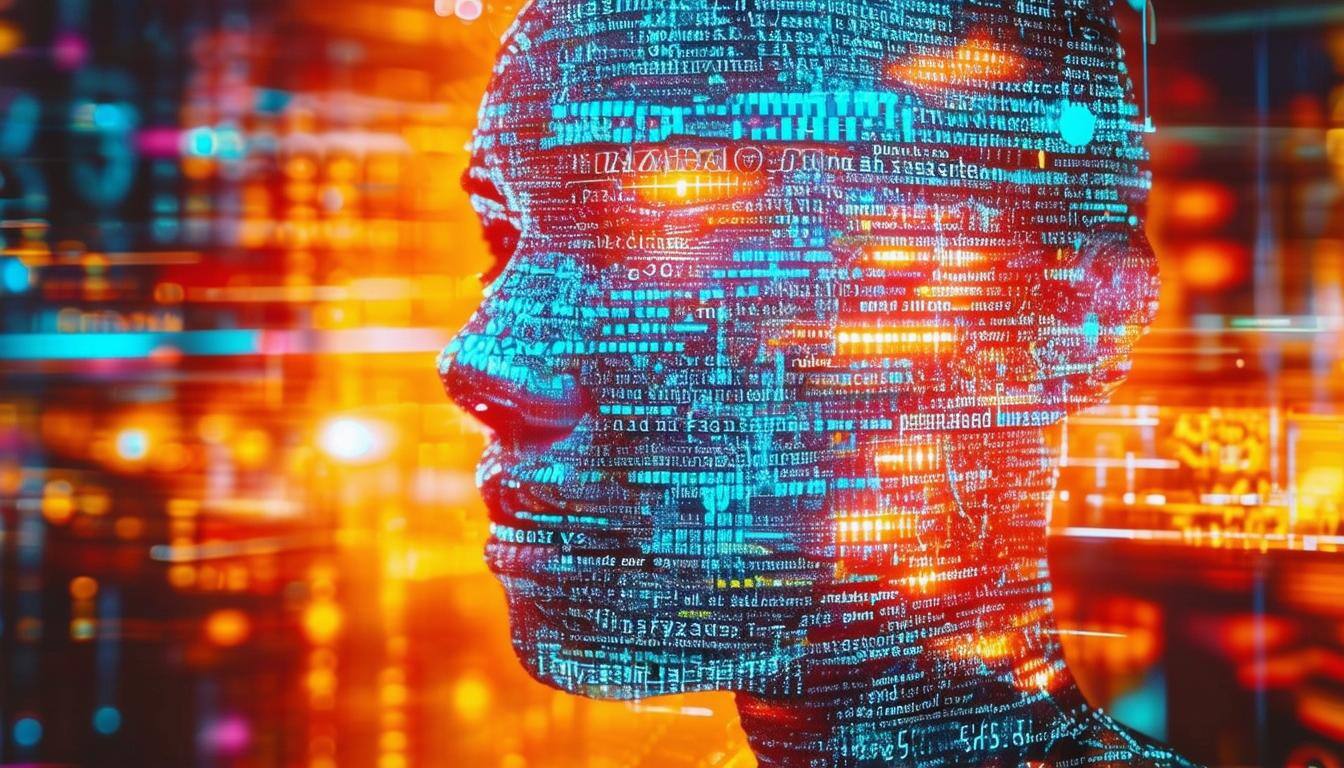Weighing the Benefits and Drawbacks of Machine Translation for Pharmaceutical Video Content
AI • Nov 11, 2024 12:00:00 PM

In the rapidly evolving pharmaceutical industry, effective communication is crucial. Whether it's for clinical trials, patient education, or regulatory compliance, translating content accurately and efficiently can make a significant difference. With the rise of machine translation (MT) technology, many organizations are turning to automated solutions for translating videos. While MT offers numerous benefits, it also comes with its own set of challenges. In this blog post, we'll explore the pros and cons of using machine translation for video content in the pharmaceutical sector.
Pros
- Cost-Effective Solution
One of the most significant advantages of machine translation is its cost-effectiveness. Traditional translation services can be expensive, especially for complex or technical content like that found in the pharmaceutical industry. Machine translation can drastically reduce costs by automating the translation process, making it more affordable for large volumes of content.
- Speed and Efficiency
Machine translation provides a rapid turnaround time compared to human translators. This is particularly beneficial when dealing with time-sensitive materials such as clinical trial updates or urgent patient communications. The ability to quickly translate videos allows pharmaceutical companies to disseminate information promptly and stay ahead in a competitive market.
- Consistency
Maintaining consistency in terminology is crucial in the pharmaceutical industry. MT systems can be trained to use specific terminology consistently across all translations. This can help ensure that technical terms and drug names are translated uniformly, reducing the risk of confusion or errors in medical information.
- Scalability
For pharmaceutical companies operating on a global scale, scalability is essential. Machine translation can handle large volumes of content and easily adapt to new languages, making it easier to expand into new markets and reach a broader audience without the need for extensive human resources.
Cons
- Accuracy and Quality Concerns
Despite significant advancements, machine translation is not yet perfect. The accuracy of MT systems can vary, especially when translating complex medical terminology or nuanced content. Inaccurate translations can lead to misinterpretations, potentially impacting patient safety or regulatory compliance.
- Lack of Contextual Understanding
Machine translation often struggles with understanding the context of medical content. For instance, nuanced language or idiomatic expressions may not be accurately translated, leading to potential misunderstandings. This lack of contextual understanding can be particularly problematic in the pharmaceutical industry, where precise communication is critical.
- Regulatory and Compliance Issues
The pharmaceutical industry is highly regulated, and compliance with local regulations is essential. Automated translations may not always meet the stringent requirements for accuracy and clarity set by regulatory bodies. Ensuring that machine-translated content complies with these regulations often requires additional human review and editing.
- Cultural Sensitivity
Machine translation systems may not fully account for cultural differences or sensitivities. In the pharmaceutical industry, where patient education and communication are paramount, culturally appropriate translations are essential. MT may miss the subtleties required to address cultural nuances effectively.
- Dependency on Technology
Relying heavily on machine translation may lead to over-dependence on technology. This can be risky if the technology encounters issues or if there is a need for high-quality, nuanced translations that require human expertise. Balancing MT with human oversight is often necessary to mitigate these risks.
Balancing Act: Integrating Machine Translation with Human Expertise
In conclusion, while machine translation offers valuable benefits for the pharmaceutical industry, including cost savings, speed, and scalability, it is not without its drawbacks. The key to leveraging MT effectively lies in understanding its limitations and complementing it with human expertise. Combining machine translation with professional translation services can help ensure that content is not only translated quickly but also accurately and appropriately, meeting the high standards required in the pharmaceutical field.
By adopting a balanced approach, pharmaceutical companies can harness the strengths of machine translation while mitigating its weaknesses, ultimately enhancing their global communication efforts and contributing to better patient outcomes worldwide.
